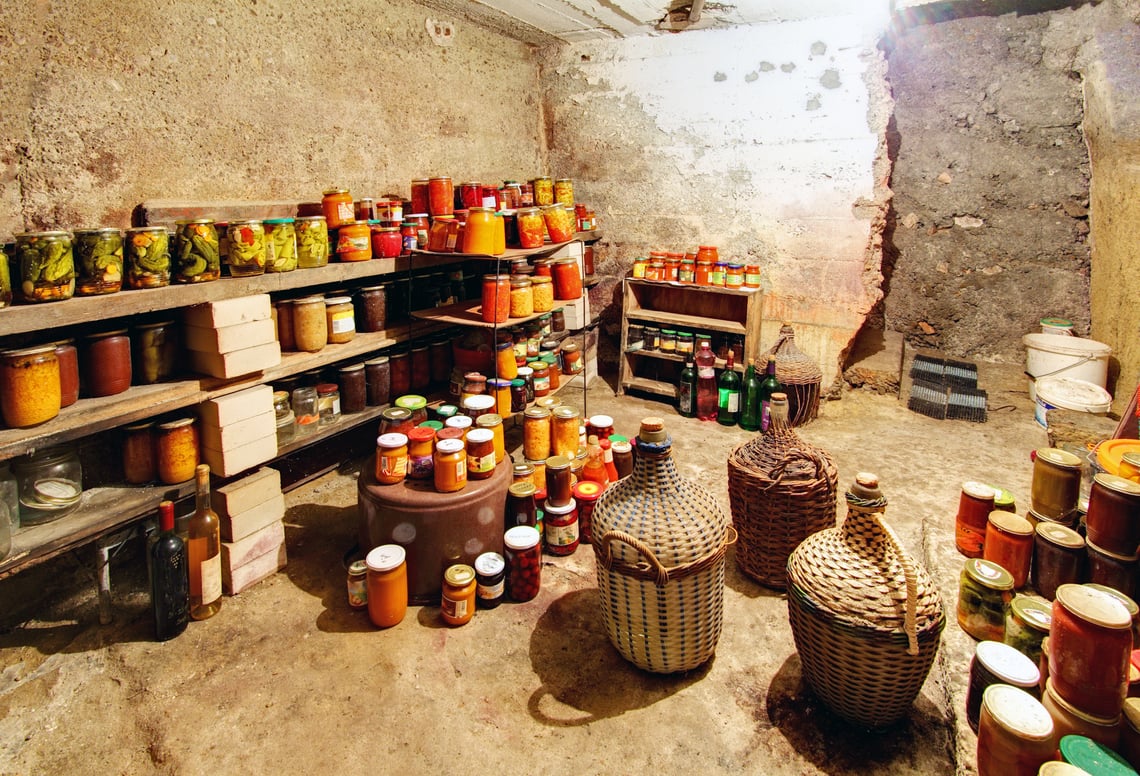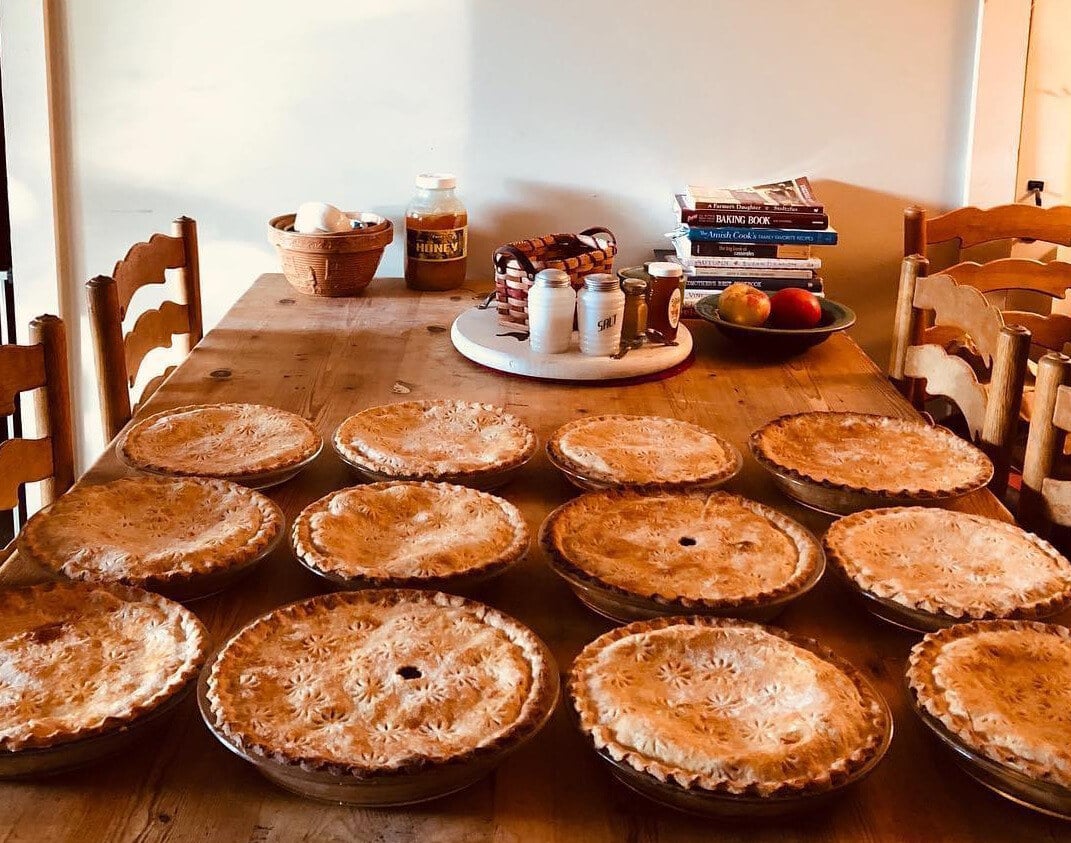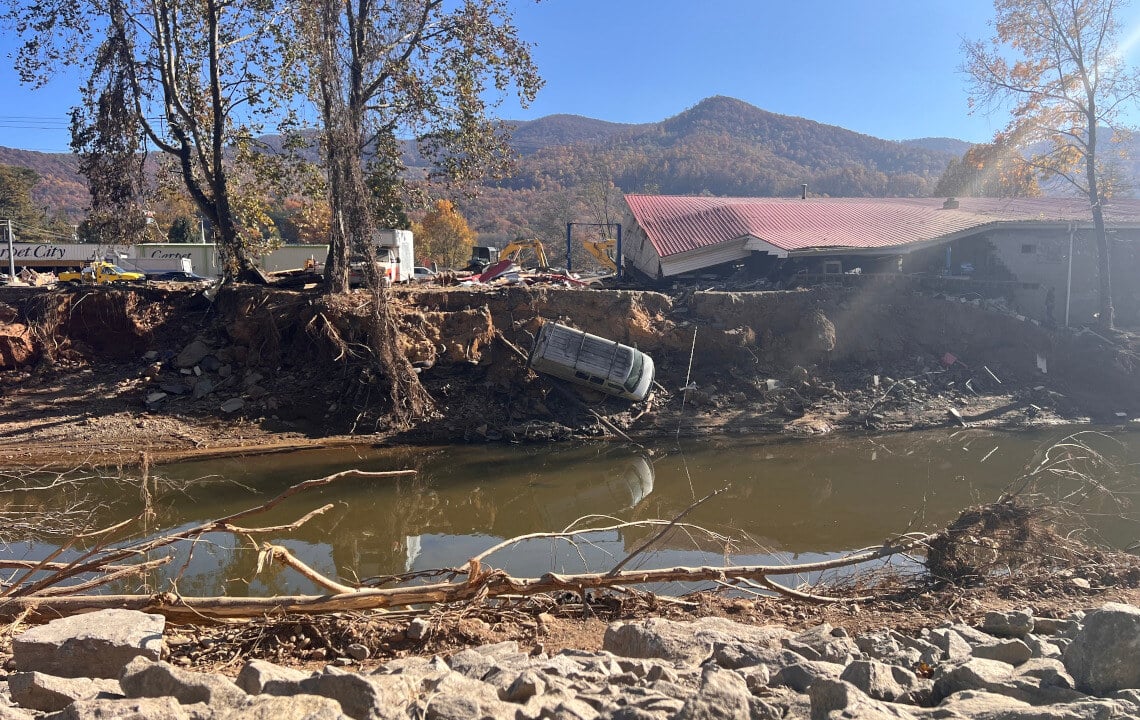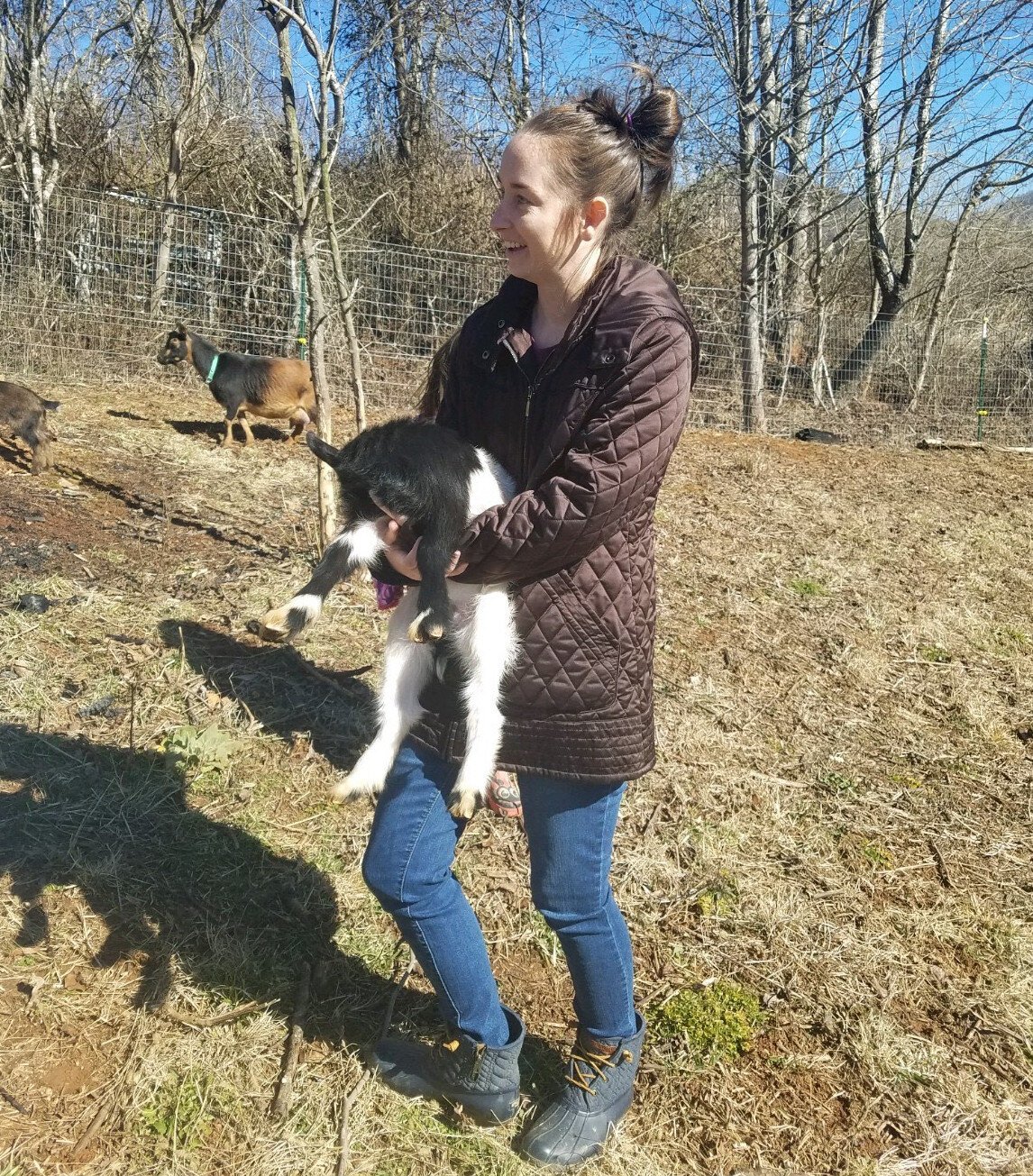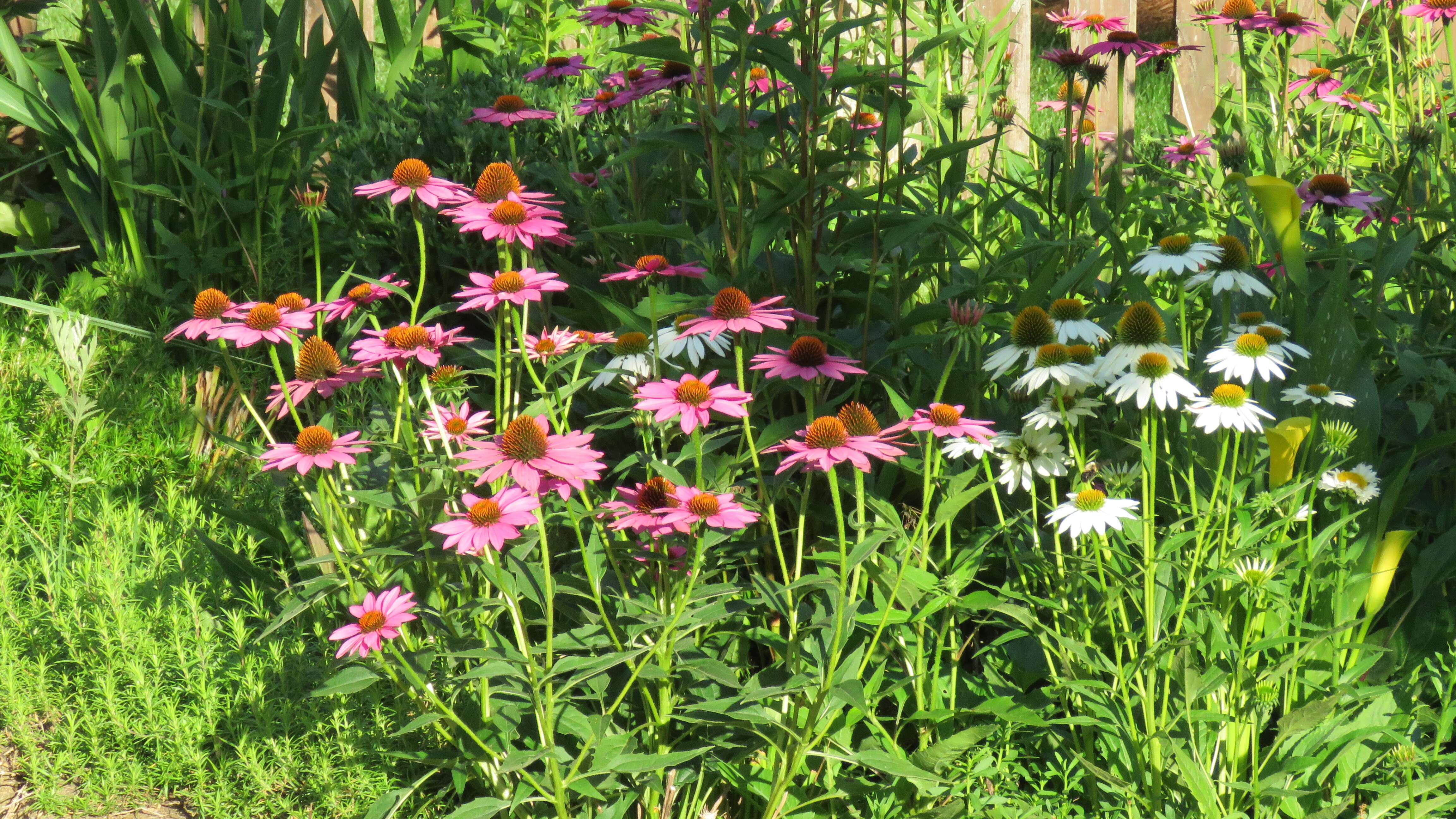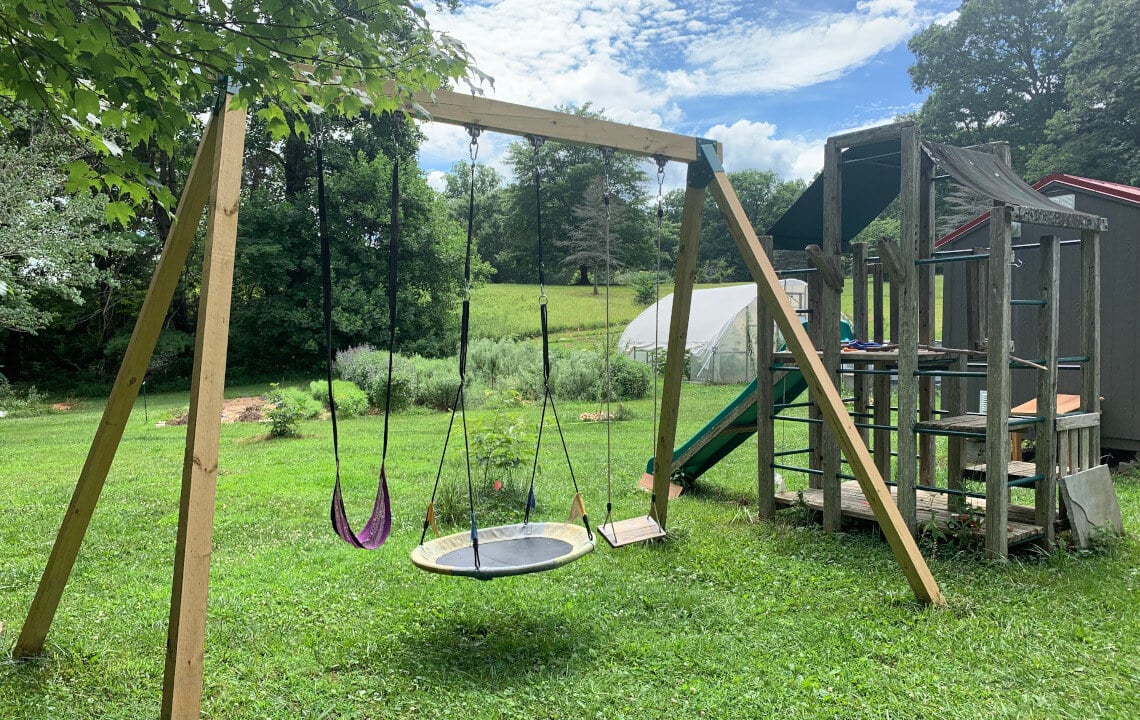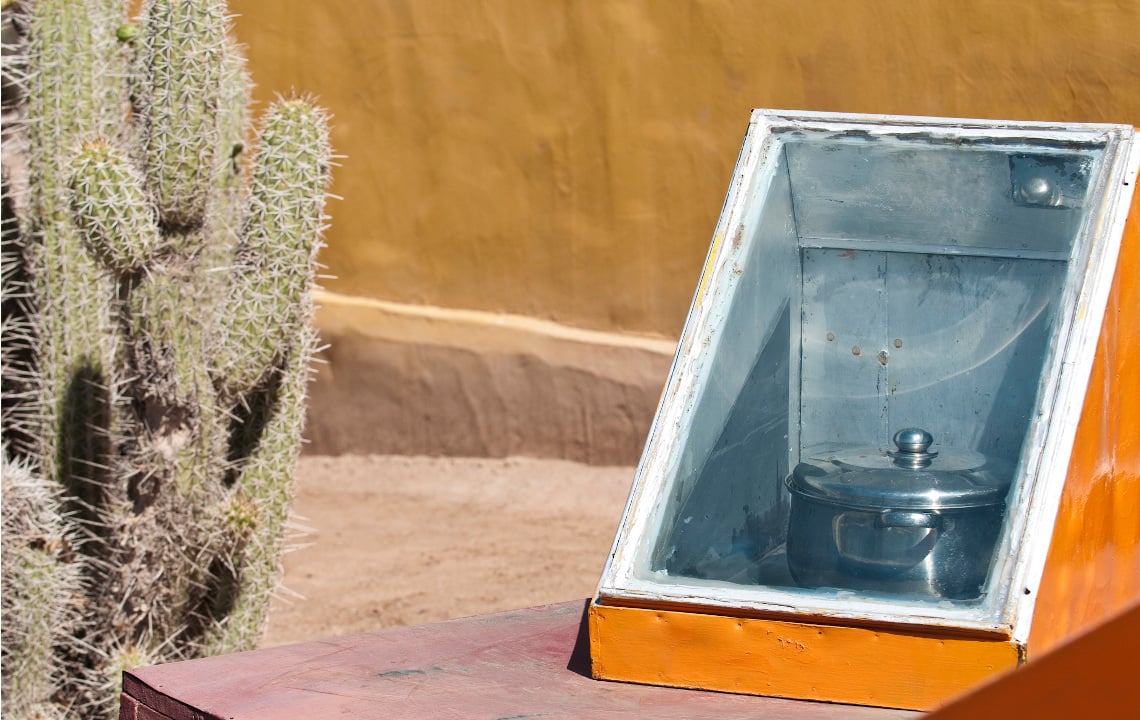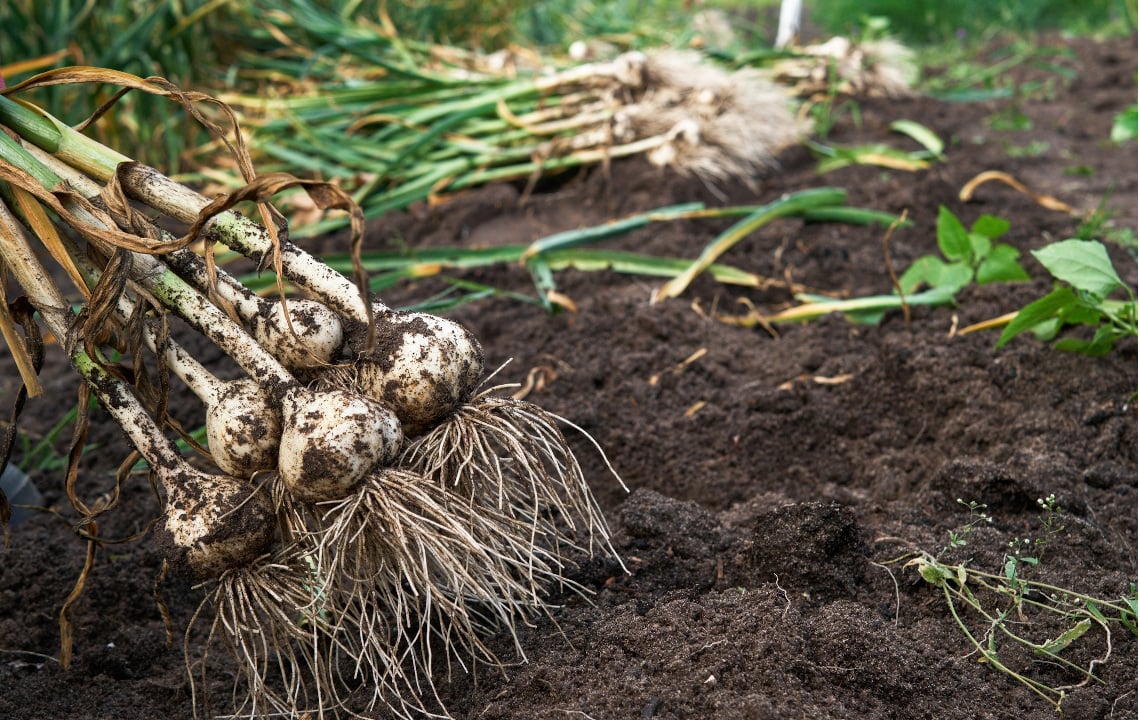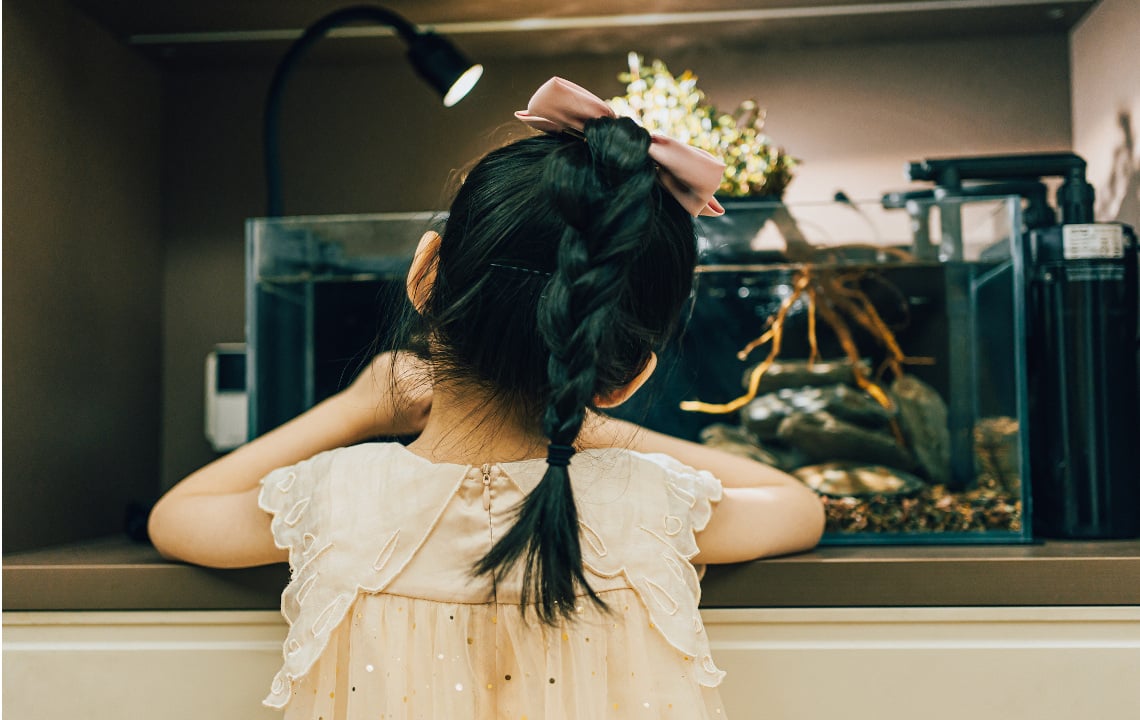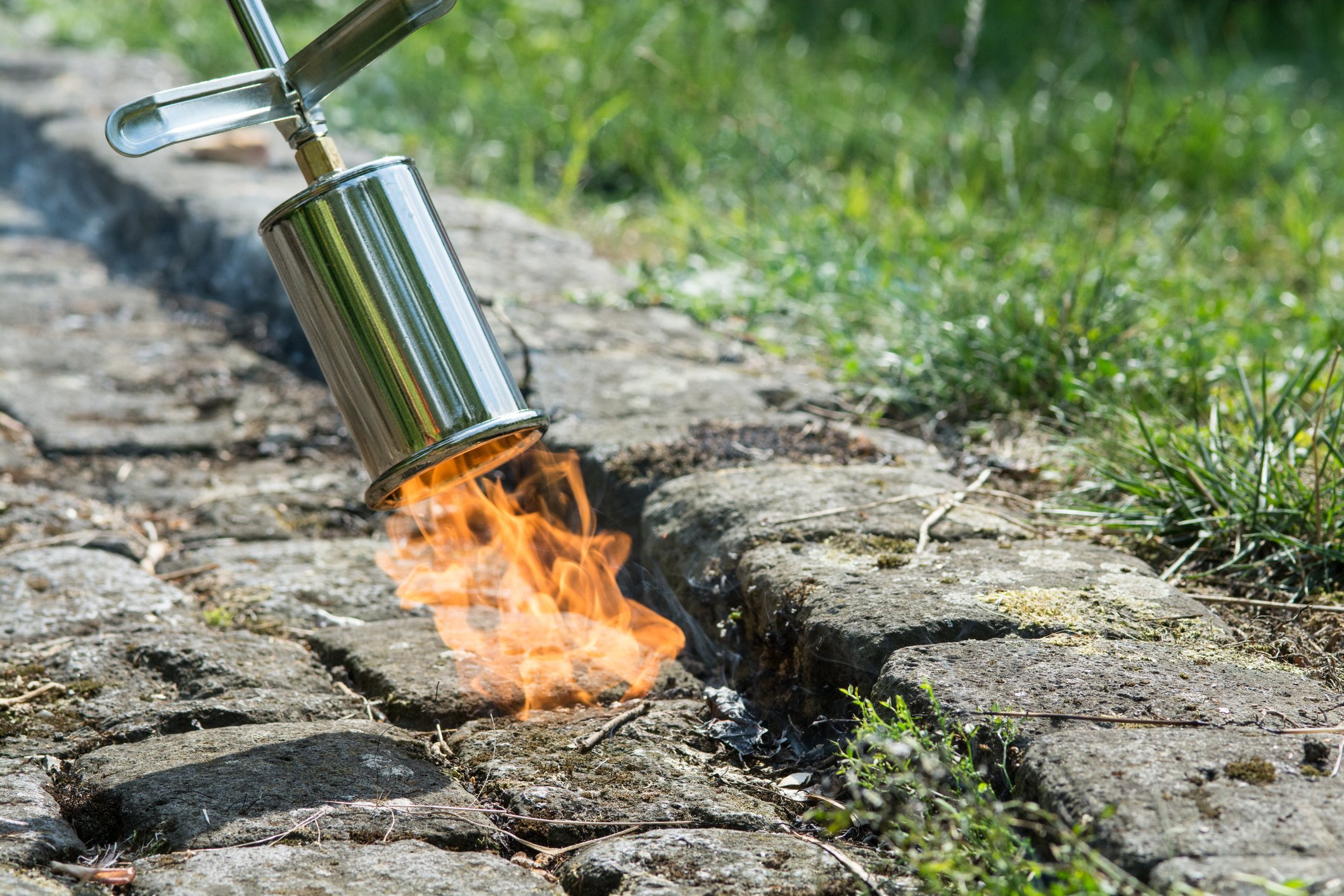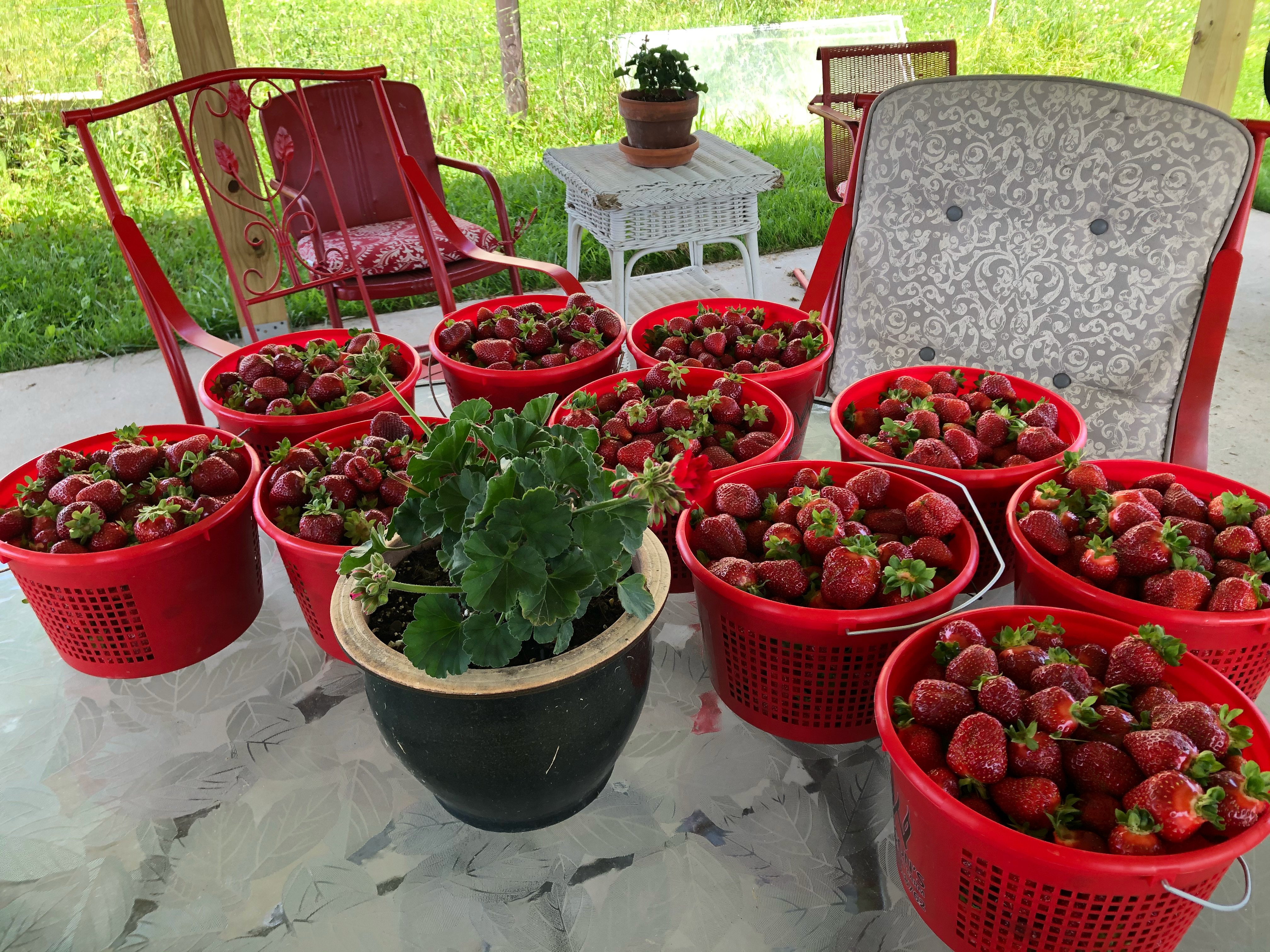With a news cycle on the greatest pandemic of our lives unfolding hourly, and exponentially, we are fueled by fear and conflicting information.
Country people are also used to the unknown: we don’t know if the weather will cooperate when we need it to.
We worry about what we can not control while surrounded by the beautiful, but unpredictable, natural world which we also couldn’t live without.
The pastoral backdrop of our farms and the gifts from our land are the absolute payoff for that uncertainty. Because of that unknown, those of us who are fortunate to live in the country are generally prepared for most any disaster or weather event.
We stock up, we can and freeze in large quantities, we’re prepared to do without for long periods and most of us don’t really like to visit the city unless we have to. After all, that’s why most of us choose to be in the country in the first place.
There is preparation and then there is hoarding and sometimes it is an arguably fine line between the two.
This article is all about how and what to do to be prepared throughout the year and keep what you need on hand (without fighting over that last roll of toilet paper or can of beans from someone else’s shopping cart).
It is an often overlooked reality that those families who lived on sustenance farms in the Great Depression fared better than those who didn’t.
When you can raise your own food and help a neighbor with work on their farm, while bartering for what you don’t have or sharing what you do, that is the essence of good rural community.
There is scarcely any writer who has not celebrated the happiness of rural privacy, and delighted himself and his reader with the melody of birds, the whisper of groves, and the murmur of rivulets. —Samuel Johnson
Since moving to Kentucky twelve years ago, just ahead of the last financial crisis (in fact we were fortunate to close on our New Hampshire house the very week of the crash), we have befriended many people in the Old Order Mennonite community.
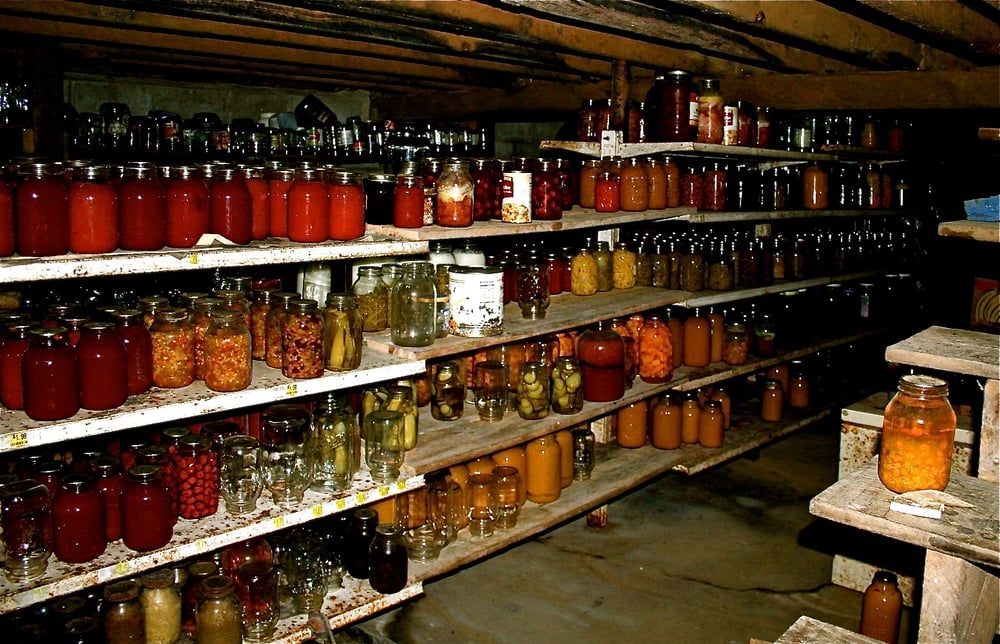
One of our first observations was that in most critical national situations they could survive better than most of us: not all have electricity, they heat by wood (and cook by gas, with wood back up), they often barter goods or services between them, they grow or raise most of their food and love a good sale, they make their clothing or buy it secondhand — while going to a yard sale is a favorite pastime.
They are entirely family and community-based with the church and their faith central to their existence. If a barn or house needs building, or is destroyed by natural disaster, it is soon replaced with labor and often materials donated from the community.
What is good for one is good for another. These things are what have kept their communities strong throughout many sweeps of modernity and innovation in our country, through economic downturns, and social change.
They are also prepared with food “put by” — and generally with much more intensity than most of today’s farm families.
Some pandemic advice for self-isolating and quarantining in the country
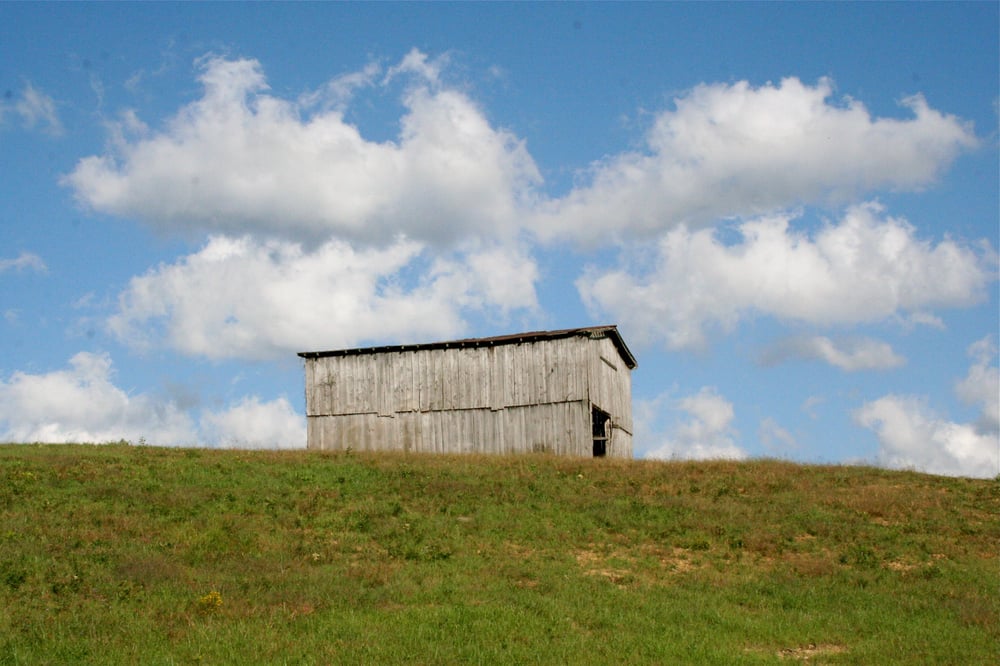
- Go out no more than once a week, perhaps every two — especially if you can work from home. If you need supplies, go early in the morning or late at night (if at a larger grocery or box store). Right now drive-thrus are your friend: pharmacies, banks, etc.
- Order what you can online: a great way to stock up on heavy pet food, for example.
- Most of us receive mail on a RFD route with a mailbox at the end of our road or driveway. As a precaution, leave your mail in the box overnight and pick it up the next morning. If boxes are delivered to your porch, leave those overnight, too. So far as we know now, COVID-19 can live on cardboard (and presumably paper) for 12 hours. Also, put out for your mail carrier and delivery people a thank you note, gift card, or something homemade. They, like so many in these uncertain times ahead, will be regularly on the front lines of potential contamination.
- If church is your usual, take an old-fashioned “Sunday Drive” instead. Wave at your neighbors or roll down the window and talk from a distance, find a new back road, pack a picnic. Just socially isolate while you do.
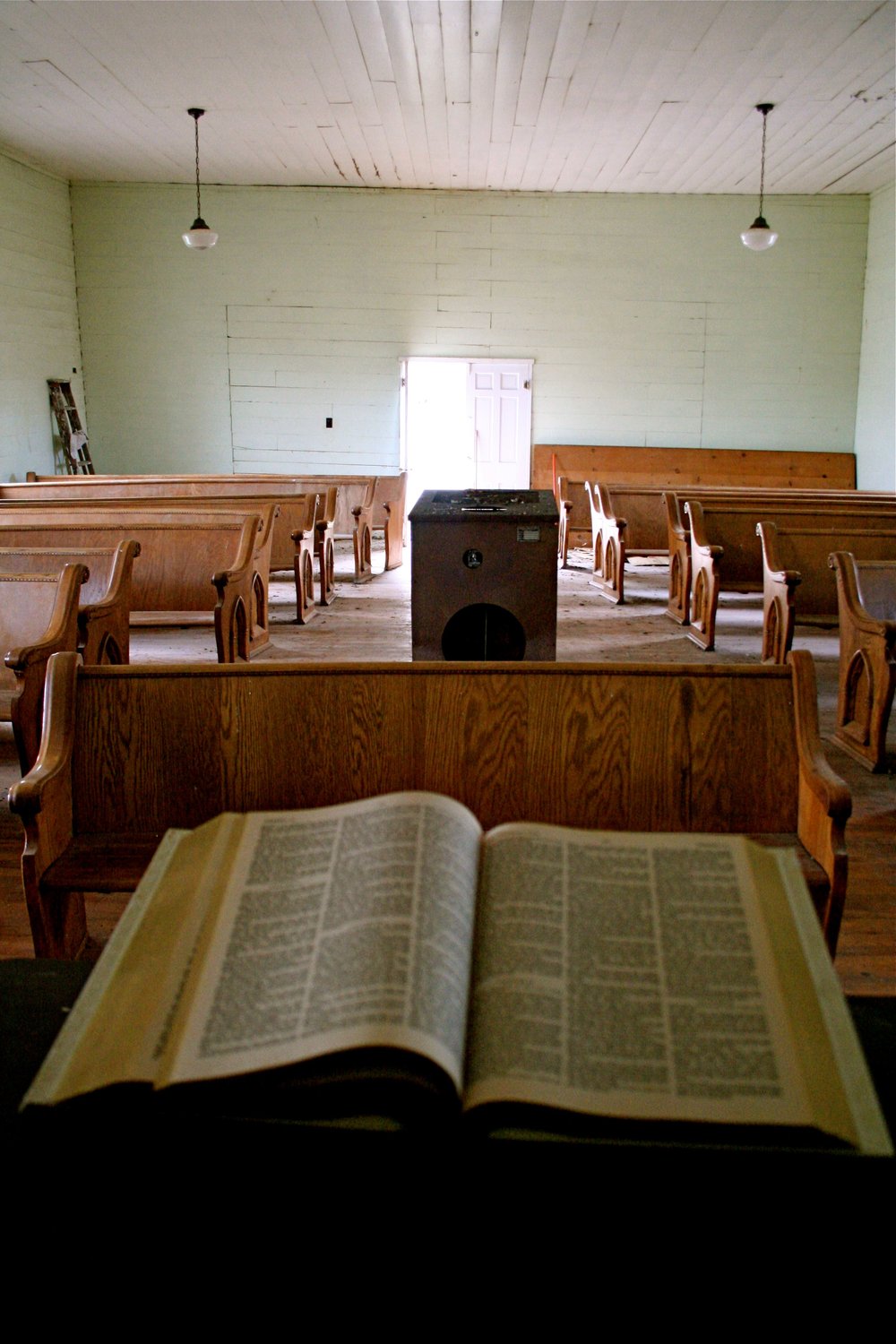
- Support local mom and pop businesses if it’s an option: hardware stores, restaurants that will bring food to your car, feed and supply places. We have many locally-run businesses that we frequent in our rural area and that will continue: it will just be when necessary.
- Get a basic first-aid kit and order 3-months of medications if you can. Many doctors are now resorting to online appointments which will keep everyone protected.
- This is not a commercial for Dollar General but they are popping up everywhere in rural areas. Their business model is brilliant as they have swooped in to fill the vacuum often left by box stores. They are generally well stocked and not as well traveled so it’s a win-win: you’re not around a lot of people shopping at the same time and you’ll have a variety of affordable products at the same prices as some of the box stores. We are fortunate to have one within four miles of our house. They will also save you gas as they will help minimize the need for trips to larger populated areas or stores. (Now if they’d just change their color palate.)
- Your pets will NOT give you COVID-19. Do not dispose of them at your local shelter. They will need you more than ever now, as you will them.
Now, here are some things you can do throughout the year to get through just about anything:
- Buy local—now more than ever. With produce season ahead, our farmers will still be growing and national supply chains may be temporarily disrupted. Drive to their farmstands and buy what you can to support them.
- Put in a garden—plant what you can manage, share extra with neighbors, start seeds if you can or support your local growers. Save seeds, too, if heirloom. That way you’ll have a supply for next year.
- If you have space—on the farm or in your freezer—raise your own meat animals and chickens. Make sure you have a good butcher nearby if you don’t do it yourself.
- Buy on sale—watch your local grocery store fliers and stock up on a certain item. This is how I buy butter, preferred canned goods, and other items several times a year (and I only use coupons on an item we use) — and yes, even toilet paper. Also, you will find that sometimes your local market has better deals than the bigger warehouse places.
- Have freezers and extra refrigerators.
- If you have an extra, large walk-in closet, create a spacious pantry with shelves and plenty of storage for provisions and supplies — or in a dry cellar or outbuilding (for stored food or supplies that won’t be subject to temperature variables).
- Buy a generator and keep with it a small fuel supply to use in emergencies.
- Open windows to let fresh air in everyday when you can. There is nothing more cleansing than fresh country air and sunshine.
- On that note, conserve energy. Put your thermostat in the mid-60s for heat or 72 degrees for cool. Take advantage of the spring and fall months when you can generally turn the HVAC altogether and circulate fresh air in the house.
- With gas prices dropping, fill your farm tank if you can.
- Turn off lights when not using them.
- Be a good neighbor: if you have some extra produce leave it on your neighbor’s back porch when they’re not looking or set up a “help yourself” stand at the end of your driveway for people going by. Share what you can. Look in on elderly people, if even from a distance or by phone: offer to do what you can or go to the store for them.
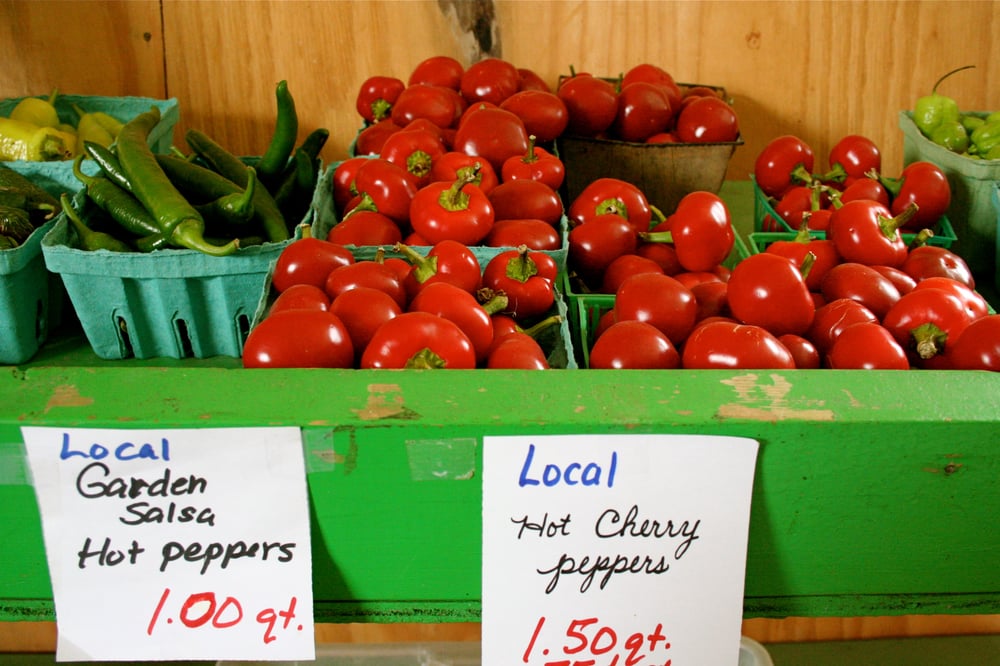
I suppose the pleasure of country life lies really in the eternally renewed evidences of the determination to live. —Vita Sackville-West, Country Notes
Country Self-Care While Socially-Isolating:
- Plant lots of flowers in a garden or pots. We will need a lot of beauty in the months ahead. No matter what happens in our world, nature keeps on going and there is daily inspiration in that.
- Turn off your TV more often and disconnect with electronic devices. This will not only conserve electrical energy but will keep you from feeling bombarded by the news and help conserve your energies, too. Stay informed but not to the point of obsession.
- Read a book or listen to music. I am quite partial to the rural prairie novels of Willa Cather and it’s time for another reread of some of my favorite classics. Many libraries now are offering downloadable books for free while cultural institutions are providing free streaming performances, gallery visits, educational content.
- Read aloud and play board games with your family or children.
- Take a free class online or learn something new. There are countless online educational options now catering to those of us who are nesting by necessity.
- Bake and cook nourishing comfort foods. Put extra in your freezer or give some to a neighbor.
- Go outside and enjoy your beautiful surroundings. Even if it’s just to walk to the mailbox once a day you are doing yourself a favor.
- Walk around your country property—you are blessed to have it. Here in the Kentucky spring weather we have the best walking time of the year before the summer heat.
- FaceTime and check in with Friends on social media.Try to share positive things and informative information. Avoid politics as much as possible but remember the election.
- As our daylight hours increase, sleep and wake to the rhythms of the sun to conserve energy in the evening. Continue this in the fall and winter.
- Make sure you get enough sleep—it is restorative and necessary to fight illness.
- Take lovely hot baths.
- Take joy in the smallest things.
- Relish the quiet.
- Keep a journal—it helps.
- Write notes and letters to people you love or want to thank for something in your life: now, more than ever, the mailbox will take on new meaning as we hunker in.
- Hug your animals or pet your livestock—there are physical, mental, and emotional health benefits in it for you both.
- Delight someone with something unexpected.
- Take this opportunity to be kinder to yourself and your world.

And remember the recent studies about children who grow up on a farm?
They are more immune to most things that come their way. While no one has established immunity yet to Covid-19 it might be good to remember this.
As long as you take necessary precautions and follow the CDC guidelines, this is a storm that can be weathered collectively and compassionately.
Perhaps we will emerge as a much better world while better appreciating what we have and discarding what we do not need.
We can’t gather in fellowship with others right now out of necessity to beat this pandemic; and that can be hard for people already isolated by geography.
Ironically, the Internet and social media will become even more important places for us to connect in the months ahead.
We will get through. We’ve got this. Don’t fret. Take each day as it comes. Enjoy each other. Take time to yourself if surrounded by family. Check in with neighbors and family. Find blessings in each day. Keep your glass half full of something. And please take good care.


